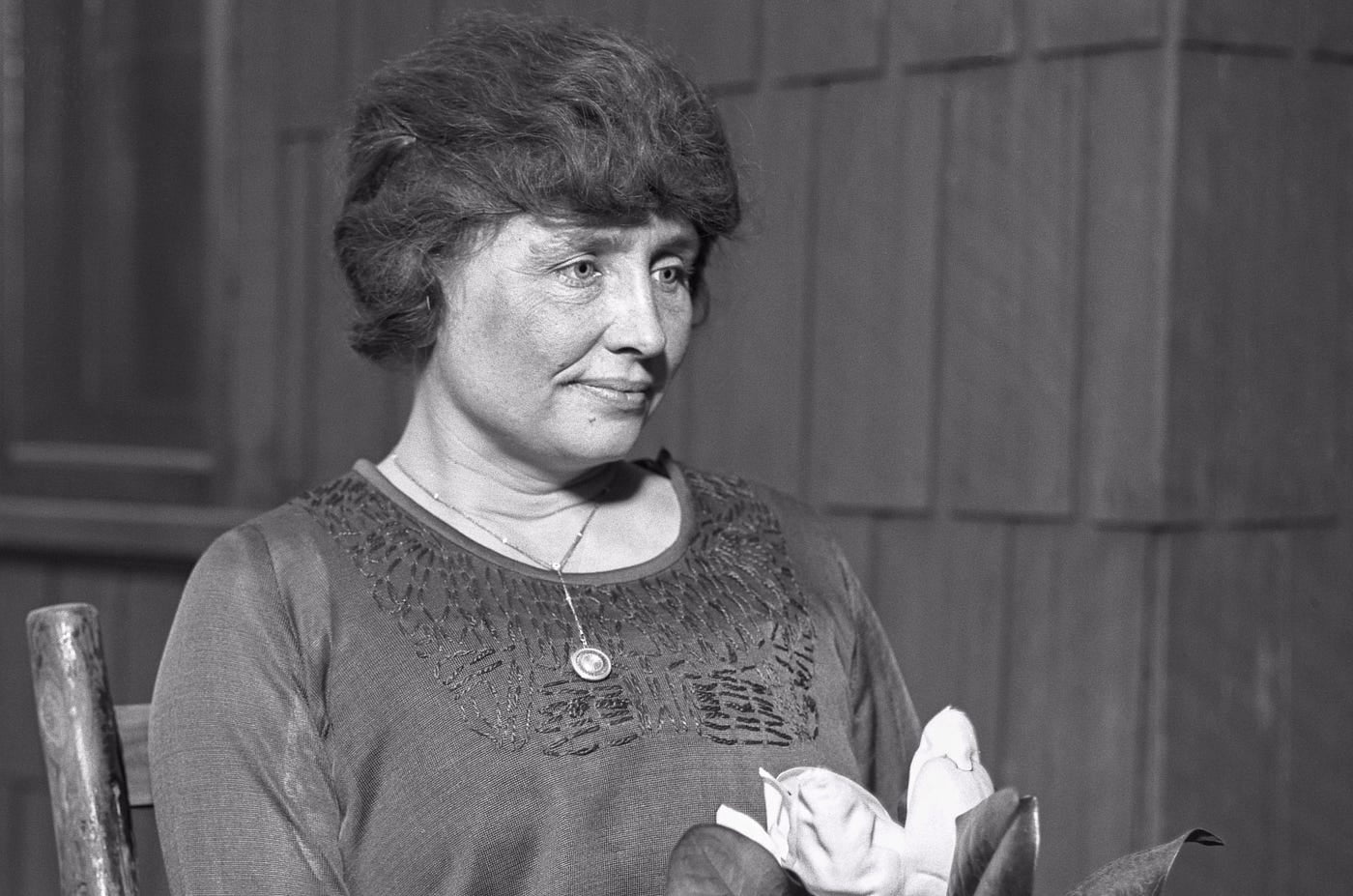Helen Keller, born in 1880 in Tuscumbia, Alabama, faced extraordinary challenges from an early age. At just 19 months old, she was struck by an illness, possibly scarlet fever or meningitis, which left her both Deaf and blind. Despite these profound disabilities, Keller’s life became a symbol of triumph over adversity and an inspiration to countless individuals worldwide.
Early Years and Education
Keller’s breakthrough came at the age of 6 when her family sought the help of Anne Sullivan, a visually impaired teacher, to educate her. Through Sullivan’s guidance and innovative methods, Keller learned to communicate by associating tactile sign language with objects. Sullivan used fingerspelling in Keller’s palm to teach her words, leading to a breakthrough moment when Keller finally understood that everything had a name.
Significance of Sign Language
Sign language played a pivotal role in Keller’s communication and understanding of the world. The tactile fingerspelling and signs allowed her to grasp language, opening doors to education, communication, and connection with others. Keller’s ability to communicate through sign language was instrumental in her academic and personal growth.
Education and Advocacy
Keller’s journey continued as she excelled academically. She attended Radcliffe College, becoming the first Deaf-blind person to earn a Bachelor of Arts degree. Throughout her life, she was a vocal advocate for the rights of individuals with disabilities, promoting education, accessibility, and social equality.
Legacy and Contributions
Keller’s impact extended far beyond her own experiences. She authored numerous books, including her autobiography, “The Story of My Life,” and became a renowned lecturer, traveling extensively to advocate for people with disabilities. Her efforts led to the establishment of organizations supporting the Deaf and blind, leaving an enduring legacy in the fields of education and disability rights.
Challenges and Triumphs
Keller’s journey was not without challenges. Overcoming the limitations imposed by her disabilities required tremendous perseverance. Her determination, resilience, and the unwavering support of Anne Sullivan allowed her to achieve what many deemed impossible.
Death and Legacy
Helen Keller passed away in 1968 at the age of 87, leaving behind a legacy that continues to inspire generations. Her life serves as a testament to the potential of individuals with disabilities and the importance of education, communication, and advocacy.
Intriguing Facts about Helen Keller
- Political Activism: Keller was a strong advocate for various social and political causes, including women’s suffrage, pacifism, and labor rights.
- Academic Achievements: Despite her disabilities, Keller was not only the first Deaf-blind person to earn a Bachelor of Arts degree but also became a prolific writer and lecturer.
- Global Recognition: Keller’s influence transcended borders. She received honors and accolades worldwide, including the Presidential Medal of Freedom, for her tireless advocacy and contributions.
- Connection with Alexander Graham Bell: Keller had a close relationship with Alexander Graham Bell, who supported her education and played a role in connecting her with Anne Sullivan.
- Inspirational Quotes: Keller’s words continue to inspire. Her quotes about perseverance, optimism, and overcoming obstacles resonate with people worldwide.
Conclusion
Helen Keller’s life is a testament to the power of determination, education, and advocacy. Her journey from isolation to becoming a global advocate for the Deaf and blind remains an enduring inspiration. Keller’s legacy emphasizes the importance of accessibility, education, and inclusion for individuals with disabilities, leaving an indelible mark on history and continuing to influence generations to come.
Helen Keller’s impact endures today as a beacon of resilience, advocacy, and empowerment. Her unwavering determination in overcoming profound obstacles serves as an inspiration for individuals facing challenges worldwide. Keller’s advocacy for education, accessibility, and social equality continues to influence modern initiatives promoting inclusivity and support for individuals with disabilities. Her legacy fuels ongoing efforts in championing the rights of the Deaf and blind, fostering a more empathetic and understanding society. Keller’s life remains a powerful reminder that with determination and support, individuals can transcend limitations and make profound contributions to the world.



